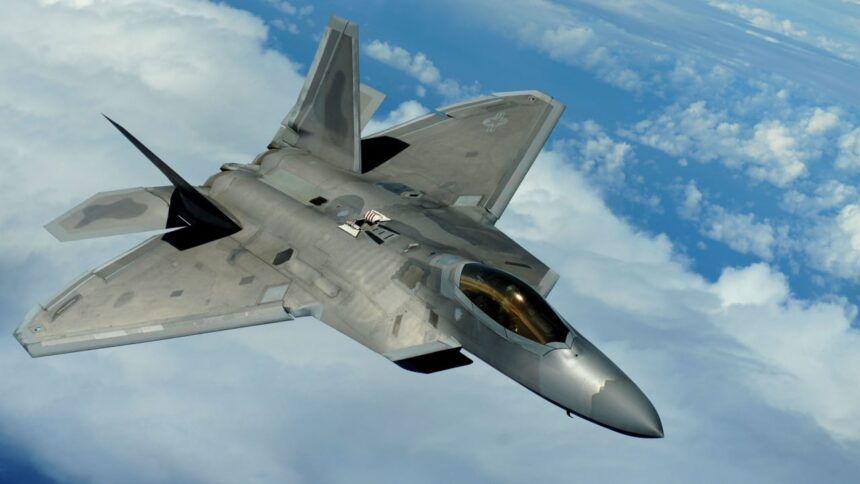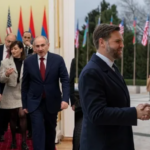Summary by Geopolist | Istanbul Center for Geopolitics
Joseph S. Nye Jr. explores the relevance of soft power amid current global conflicts. He argues that despite the resurgence of hard power, soft power—shaping others’ preferences through attraction rather than coercion—remains vital. Historical and contemporary examples, such as the US influence during the Cold War and China’s struggles to enhance its soft power, illustrate its enduring importance. Nye emphasizes that effective use of both hard and soft power is crucial for national strategy and global influence.
For further details, read the article here.
In a world marked by wars in Ukraine and Gaza, is the age of soft power over? Thirty years ago, with the end of the Soviet Union, increasing integration in Europe, and America’s “Unipolar Moment,” the prospects for inter-state war seemed low. Some observers argued that the age of hard power was diminishing, and the world was entering an era of soft power. That clearly turned out to be wrong, but that was never my view. I formulated the concept of soft power during the Cold War and argued that it was relevant to realism and conflict as well as peace.
Soft power is the ability to affect others through attraction rather than coercion or payment, and it is relevant in both war and peace. In the Seven Year’s War of the eighteenth century, Russia dropped out of the coalition massed against Prussia because Czar Peter III (newly anointed in the course of the conflict) was a fan of Frederick the Great. Usually, however, its effects are slow and indirect, and it is not the most important source of power for foreign policy in the short run.
However, ignoring or neglecting soft power is a strategic and analytic mistake. Soft power is not new. Roman power rested partly on the attraction of its culture. Geir Lundstadt, a Norwegian scholar, described Cold War Europe as divided into two empires, Soviet and American, but the American presence in Western Europe was “an empire by invitation.” Unlike the Soviet military interventions in Hungary and Czechoslovakia, the United States supported Western European integration and tolerated Charles De Gaulle’s independence. At the end of the Cold War, the Berlin Wall collapsed under an onslaught of hammers and bulldozers wielded by people in the Soviet empire whose minds had been affected by Western soft power.
Mao may have been right that power comes out of the barrel of a gun, but power also extends from values. In the short run, swords are mightier than words, but in the long run, words guide swords. If I can get you to want to do what I want, then I do not have to force you to do what you do not want. If a country represents values that others find attractive, it has less of a need for sticks and carrots. Hard and soft power sometimes contradict each other, but when they are smartly combined, attraction is a force multiplier. President Zelensky used his talents as an actor to attract sympathy from Western parliaments, which could then be transformed into budgets for weapons that increased Ukraine’s hard power.
Soft power is an integral part of the great power conflict between the United States and China. In 2007, President Hu Jintao told the 17th Congress of the Chinese Communist Party that China needed to increase its soft power, and the Chinese government spent tens of billions of dollars to that end, but international polls show mixed results.
As I describe in A Life in the American Century, the Chinese foreign minister once invited me to a private dinner to ask my opinion on how China could increase its soft power. My advice was correct but probably useless to him. China faces two major obstacles that are difficult to overcome. First is its territorial disputes with a number of its Asian neighbors. Confucius Institutes that extoll traditional Chinese culture do little good if the PLA is killing Indian troops in the Himalayas or Chinese ships are harassing Philippine boats in the South China Sea. China’s second problem is its tight Communist Party control over all organizations and opinions in its civil society. This undercuts its attractiveness in democratic countries. When human rights lawyers, writers, and artists are jailed, it reduces the attraction of China in countries like Europe, Australia, Japan, and the United States.
Unlike hard-power assets like soldiers, tanks, and planes, a nation’s soft-power reserves are generated by civil society rather than governments. Much of American soft power is created by Hollywood movies that feature, for example, independent female characters, protesters demonstrating for their rights, and the workings of a diverse and free press. Others are attracted by the charitable work of U.S. foundations and the freedom of inquiry at American universities. Firms, universities, foundations, churches, and protest movements each develop soft power of their own, which can reinforce foreigners’ views of the country.
A prominent European recently told me that he used to worry about American foreign policy in terms of a decline in our hard power. Now, he said that he was more worried about America’s domestic politics corroding the soft power that underlies its foreign policy. Soft power is only one side of the coin of power, but it remains relevant to any realist analysis of world politics.
Joseph S. Nye is a former assistant secretary of defense, Distinguished Service Professor, Emeritus at Harvard University, and author of A Life in the American Century (Polity Press, 2024).
Source: nationalinterest.org







